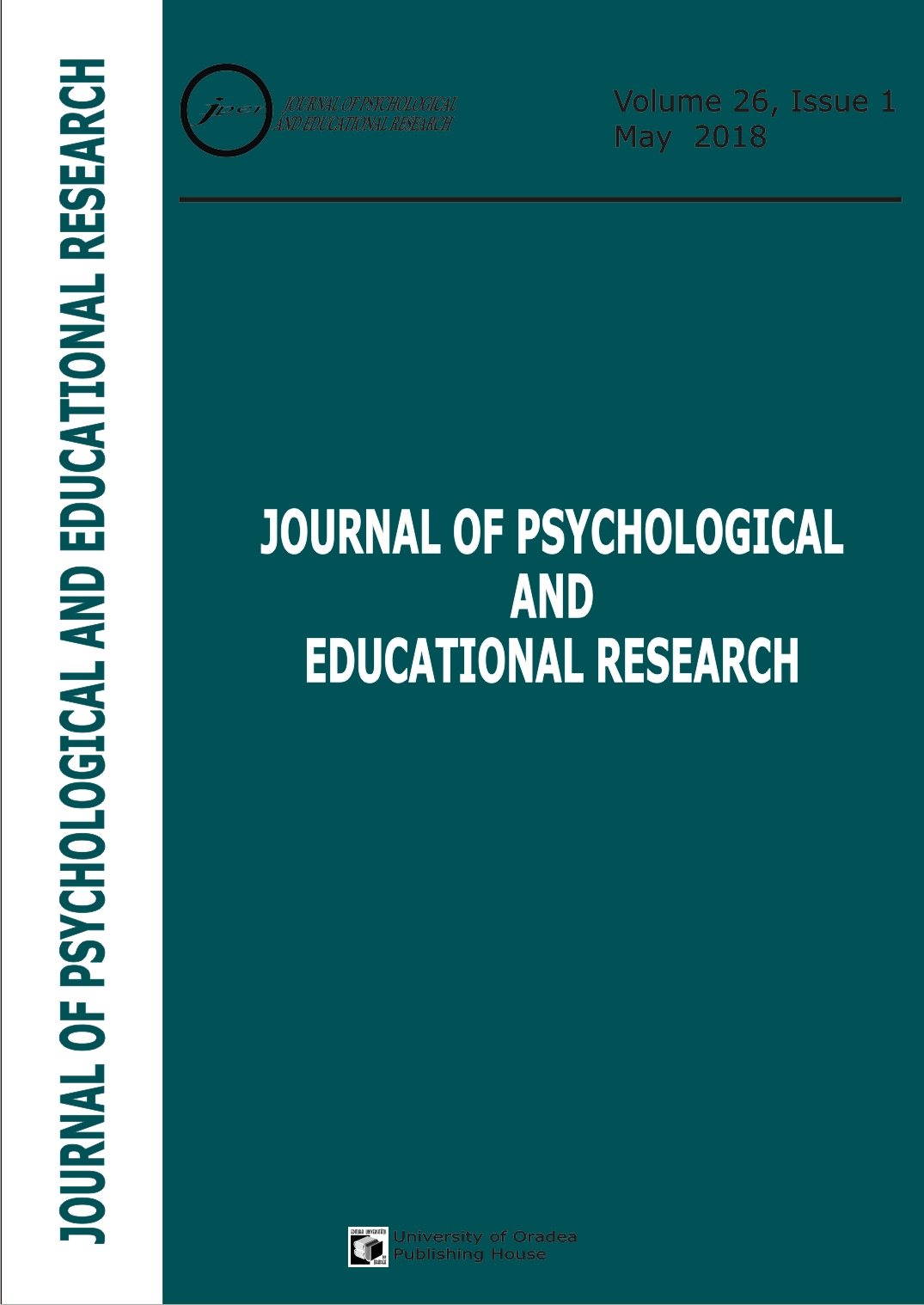Self-efficacy in high-school students
Self-efficacy in high-school students
Author(s): Milka Elena Escalera-Chávez, Carlos A. Rojas-Kramer, Arturo García-SantillánSubject(s): Education, Psychology
Published by: Editura Universitatii din Oradea
Keywords: self-efficacy; PISA program; students Math performance
Summary/Abstract: National and international evaluation programs have reported that many high-school students achieve low performance. Because of the former, this research seeks to determine the study strategies used by high-school students enrolled in a private institution. The present study is quantitative in nature, non-experimental and utilized a cross-sectional design; the sample was non-probabilistic and composed by 353 students from a private school in the city of Rioverde, San Luis Potosí who attend the first and second year of high-school, being 46.7% men and 53.3% women between the ages of 15 and 18 years old. The theoretical model proposed by Pérez and Delgado (2006) was used and the results show that in this context there are only four significant variables: spend more hours studying, make a list of the topics to develop, ask in class when they do not understand the explanation of the professor and attend classes even if they have some concern, this affective traits are consequential for self-efficacy.
Journal: Journal of Psychological and Educational Research (JPER)
- Issue Year: XXVI/2018
- Issue No: 1
- Page Range: 40-50
- Page Count: 11
- Language: English

